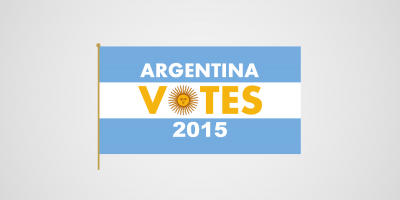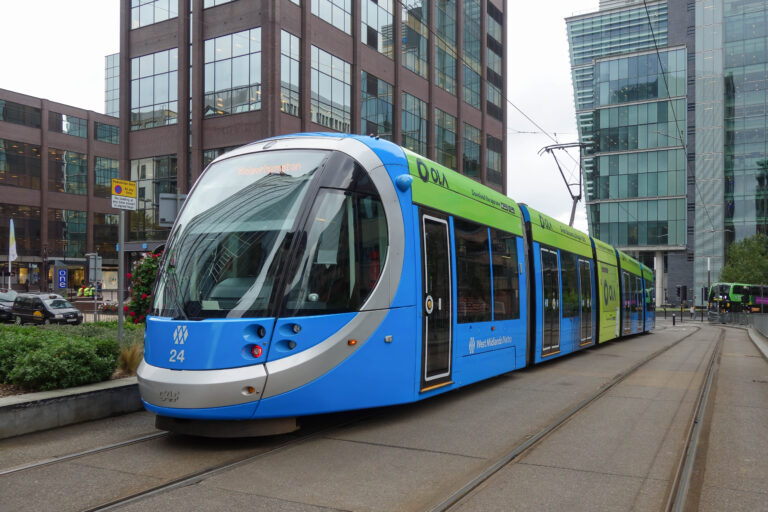It has been a challenging year for pollsters. First May’s election in the UK delivered a ‘shock’ Conservative majority, and now Argentinians will – for the first time in the country’s history – go to the ballot box a second time to choose the President. This happened despite polls in the run up to Sunday’s election predicting a ten point lead for the incumbent party’s candidate, Daniel Scioli.
The mood in Buenos Aires is jubilant, with most of those I have spoken to keen to see the change offered by Mauricio Macri and his Cambiemos (meaning ‘let’s change’) party. It was around 1am when the scale of the result became clear and Macri could be seen dancing on stage at his party’s campaign closing ceremony. He received 34.33% of the vote, coming a close second to Scioli who managed 36.86%.
It may appear odd to celebrate a loss, albeit a small one, but the close margin of defeat means Scioli and Macri will go head to head in a second vote on 22nd November. Many are hopeful that Macri will secure the support of voters who chose a different presidential candidate in Sunday’s vote.
If Macri is successful, it will mark a break from the Peronist politics which have dominated Argentina for the last 12 years and indeed much of the second half of the twentieth century. Established by Juan Domingo Peron in 1944 and continued by his second wife Eva Peron (Evita to musical theatre and Madonna fans), Peronism is a populist brand of politics which has seen the growth of the public sector coupled with a nationalist agenda.
After a lull in the 1990s, it has enjoyed a resurgence since the turn of the century, led by Nestor Kirchner who came to power in 2004 and then his wife Cristina who has been President since 2007. Nestor passed away in 2010, but casts a long shadow over Argentina and the couple remain popular and influential figures in the country. A huge cultural centre named after Nestor recently opened in Buenos Aires – it is hard to imagine Tony Blair will be receiving a similar honour in the UK any time soon. Meanwhile, Cristina, who had to step down due to the constitution’s two term limit, has been a figurehead of Scioli’s campaign.
So, although not an outright victory for Macri, the first round of the presidential elections marked a dramatic shift away from Peronism, and has been described by many as an historic moment. Given that nearly 30% of the electorate did not vote for either Macri or Scioli in Sunday’s election there is still a lot of work to be done by both candidates and their teams, particularly as voting is compulsory here. Following last night’s result, observers are likely to pay less attention to polls and instead focus on who secures the support of those presidential candidates whose election campaigns ended on Sunday.




